The following is dedicated in memory of my mother מרת אלקה בת ר׳ צבי הכ׳׳מ on her first Yohr Tzeit, כ׳ט שבט.
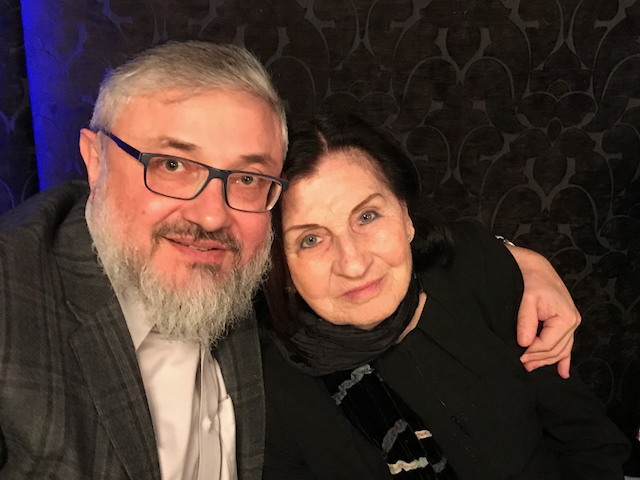
I know that the quality of my understanding of certain portions of the daily davening is suspect. In particular, over the last few weeks, this was brought into focus when I found myself suddenly alerted to what seemed to be an anachronistic few sentences in the Shacharis davening associated with the daily Shir Shel Yom. I have said this all my life but have done so in a rote/mechanical way.
In Nusach Sefard, the Nusach of the Edot HaMizrach, and Nusach Chabad, the daily Shir Shel Yom is preceded by two paragraphs. The first is תפילה לדוד. This is omitted on a day when Tachanun is not recited, such as when there is a Bris Mila or a Siyum Sefer Torah and the like. The second paragraph which commences with בית יעקב is omitted on days when Musaf is recited, such as Rosh Chodesh.
Apparently, the first mention of these paragraphs as a preamble to the Shir Shel Yom is from R’ Moshe Ben Yehuda Machir in the late 1500’s in his Seder haYom. It is subsequently mentioned in the Abudraham and Tur, though not in the Shulchan Aruch.
Seder HaYom is a halachic-kabbalistic work which according to Wikipedia describes, according to its introduction, “the order one should follow in his days and nights, on Shabbats and holidays, the order of the entire year when sitting at home and walking on the way, when retiring and rising”. It was first printed in 1599 in Venice and again in 1605 in Venice. It is the source of many currently practiced customs, including the Modeh Ani prayer.
R’ Machir was a resident of Tzfas and a contemporary of the Arizal serving as the Rosh Yeshiva of Ayin Zetun. Apparently Rabbi Machir’s work shows no influence from the Arizal and is an important document in that it records others systems of Kabbalistic practices and meditations other than the Arizal’s system. Notwithstanding this fact, the Arizal firmly encouraged the saying of these two paragraphs before the Shir Shel Yom, which accounts for its recitation by the Edot HaMizrach and Chabad via the Siddur compiled by the Alter Rebbe, the Baal HaTanya.
Though the two paragraphs are printed in Siddurim which follow Nusach Sefard, it is my no means universal that they are recited. Many Chassidic Minyanim who daven Sefard, omit these and start from the Shir Shel Yom as in Nusach Ashkenaz.
The first sentence of the first paragraph also has a more recent import. The first letters of the first four words “בית יעקב לכו ונלכה” spell ביל”ו or Bilu which was a movement in the late 1800’s dedicated to the agricultural settlement of then Palestine.
The second paragraph, which is the subject of this post, commences with the words בית יעקב and begins as follows:
בֵּית יַעֲקֹב לְכוּ וְנֵלְ֒כָה בְּאוֹר ה׳
House of Jacob, come let us walk in the light of Hashem.
כִּי כָּל־הָעַמִּים יֵֽלְ֒כוּ אִישׁ בְּשֵׁם אֱלֺֽהָיו, וַֽאֲנַֽחְנוּ נֵלֵךְ בְּשֵׁם־ה׳ אֱלֹקינוּ לְעוֹלָם וָעֶד
For all the nations walk in the name of its god, but we walk in the name of Hashem, our God, forever.
The translation above is consistent with what I saw in the translations offered by Koren, Metsudah, Artscroll and Chabad.
These are in fact two sentences from different parts of Tanach. The first sentence is from ישעיהו ב ה and describes the prophecy at the time of the ingathering of exiles. At that time, the House of Jacob will go, but they will go in the light of Hashem. The implication is that others will also go up to Yerushalayim, but they will not necessarily progress through the prism of the light of Hashem. They will go in the name of their gods.
I was struck by the word כי which is commonly translated as “because”. I read it as: Because all the (non Jewish) people will go in the name of their (false) gods, we will go in the name of Hashem forever.
What is the connection between them going on the basis of their false gods and we going in the name of Hashem. Surely, our travelling to Yerushalayim at the time of the Geula stands on its own merit and is not some “strange reaction” to the fact that others are also going, albeit for different reasons. Our trodden path will surely be independent. It is true that the others will eventually be convinced by Melech HaMoshiach and follow the honest path to Hashem, and that is a part of the prophecy, but the word כי doesn’t appear to fit.
Even if we use the word “for” as a translation for כי as is commonly used in the standard translations, it made no more sense to me. I felt the word was jarring and last night I decided to dig a little in order to see if there was an explanation that made sense to me.
The second paragraph which commences with בית יעקב is drawn from Micha in chapter 4:5. The prophecy is common to that of Yeshayahu. The Radak explains that at that time the nations of the earth will still be unconvinced until the Melech HaMoshiach sets them straight following the war of Gog and Magog. Indeed, after discussing this with R’ Shea Hecht, he looked up a few sources who seemed to imply that these were two “stand alone” Pesukim, with a common theme but the word כי was “just there” as part of the Pasuk and Meforshim didn’t really touch on a solution to its meaning in the context.
It then occurred to me that there might be an explanation as follows.
At the time of Moshiach, it won’t simply be a case that we are believers and the rest of the world are not believers. It won’t simply be the case that because there is a stark difference between Godlessness and True belief in Hashem, that we will merit and be enthusiastic to travel to Yerushalayim. It won’t be a case of Black and White; those who do versus those who do not do. Rather, the world will be a much more challenging arena. There will be all sorts of “isms”. These isms, or false gods, will present in the guise of new ethical moralities that are born from the invention and consideration of man’s limited mind. The motive for various ethical behaviours will be varied. They will challenging because they are dressed in the language of equality and more. They will appear as the “high ground”. Those mores will lead some people of the world who don’t follow Hashem, and even some Jews, to presume and conclude that they occupy a higher morality than that defined by the Torah, which is the Torah of Truth. The Torah of truth is not a set of conclusions and standards developed through current/modern ethical philosophies and political correctness. It was, is, and will be, the basis of our values and actions.
We can now read these verses as follows:
בֵּית יַעֲקֹב לְכוּ וְנֵלְ֒כָה בְּאוֹר ה׳ … Jews! Believers! Go up, rise, and travel to Yerushalayim [purely and meritoriously] in the light of Hashem.
[Why do we merit the light of Hashem in this way?] Because [in future days, Jews will be challenged, they will be challenged by the “isms” of their day and these will be powerful rational-man made concepts] others will [appear to be harbingers of a higher morality and ethic, but] they come with their (false) gods, [whereas] we come purely and solely in the name of Hashem [and our religious edifice is built on simple faith, Emuna Peshuta, via Toras Emes] and we do so לעולם ועד [forever and a day].

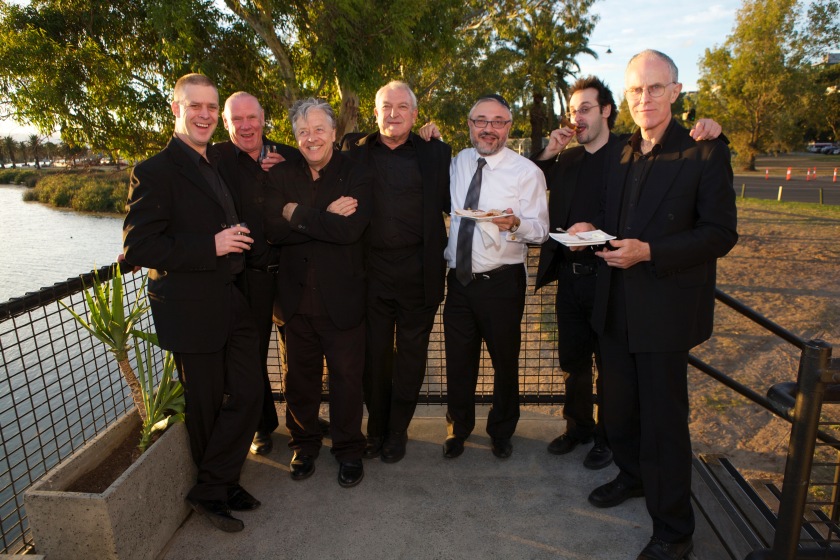
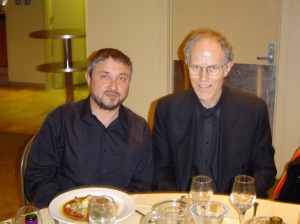
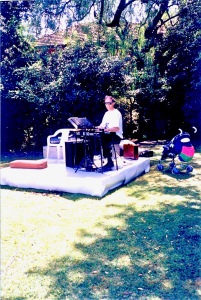





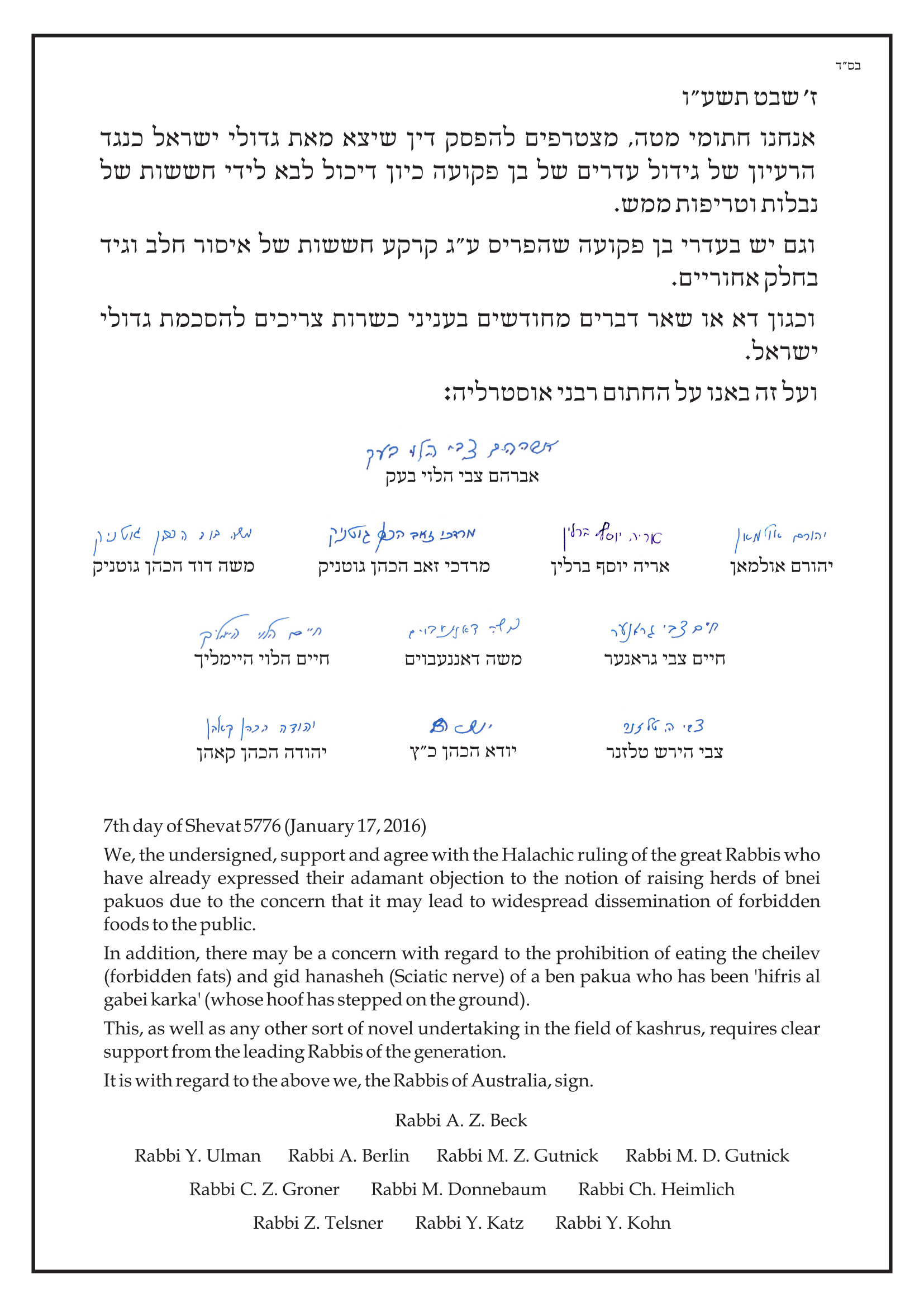


 from JEM and collide
from JEM and collide (c) Jewish Journal
(c) Jewish Journal
 Rav Druckman
Rav Druckman

You must be logged in to post a comment.